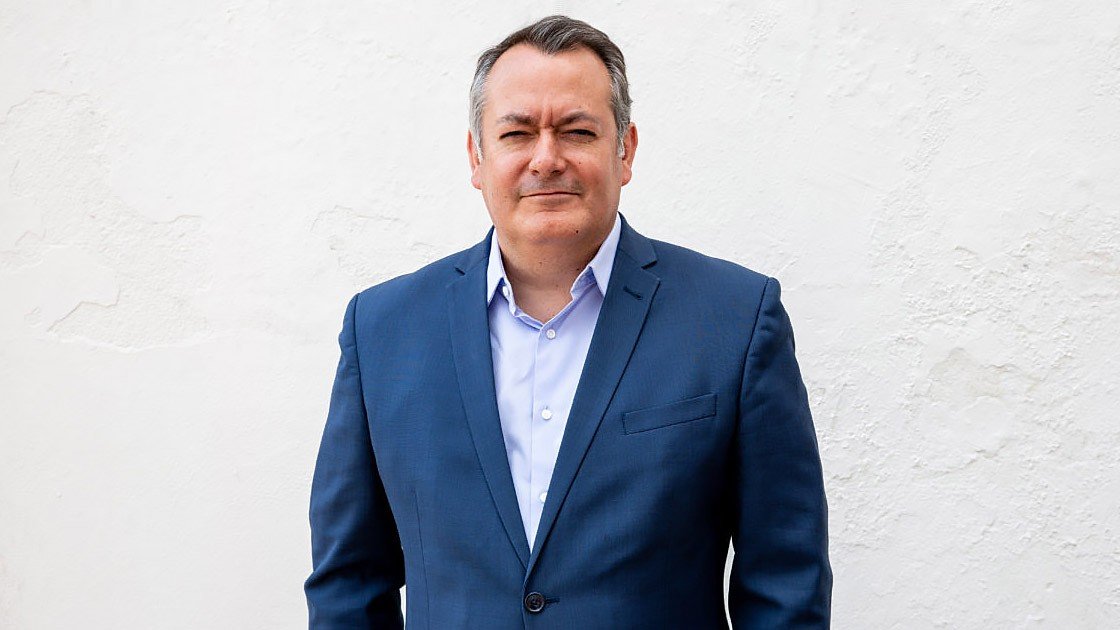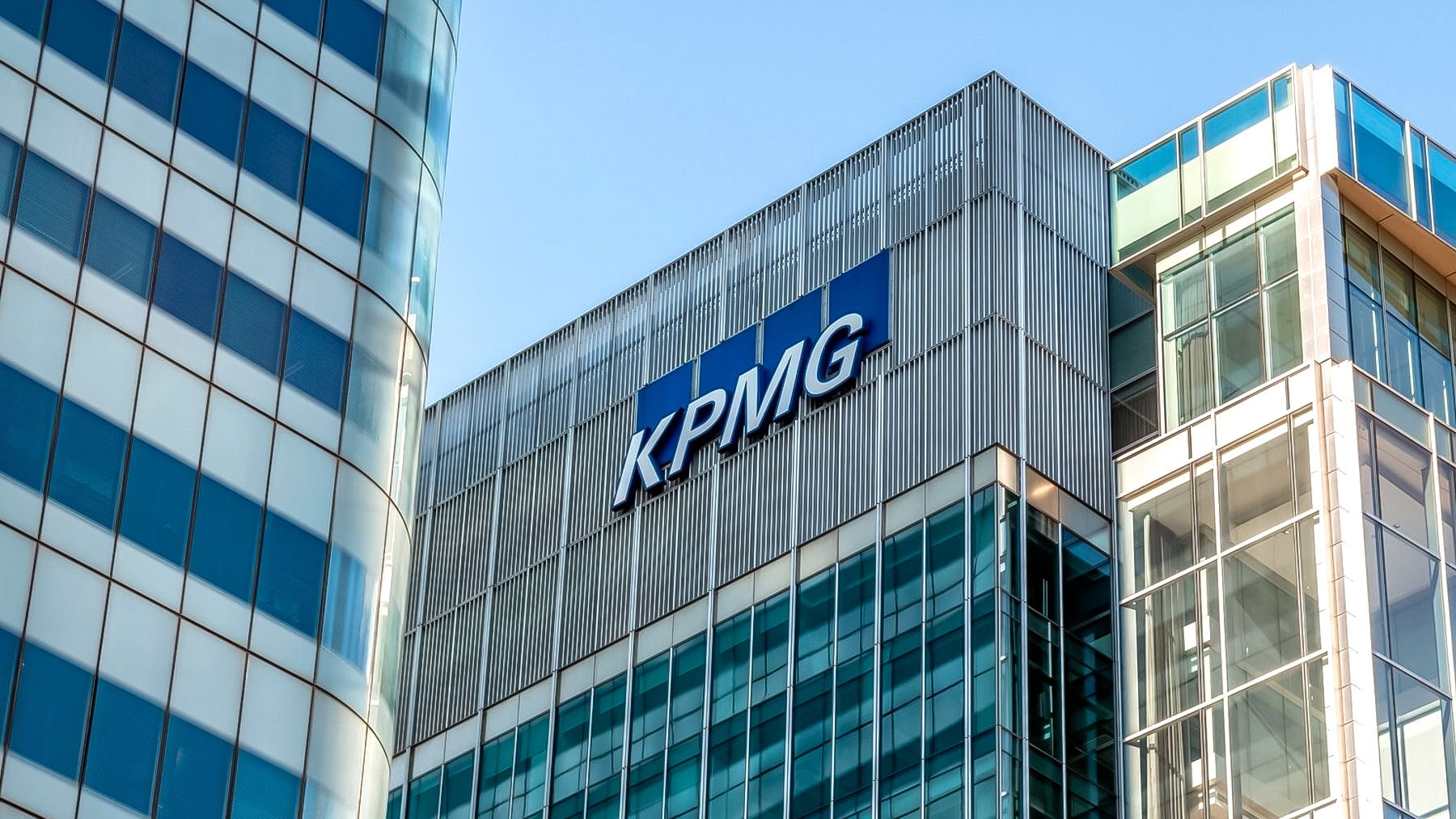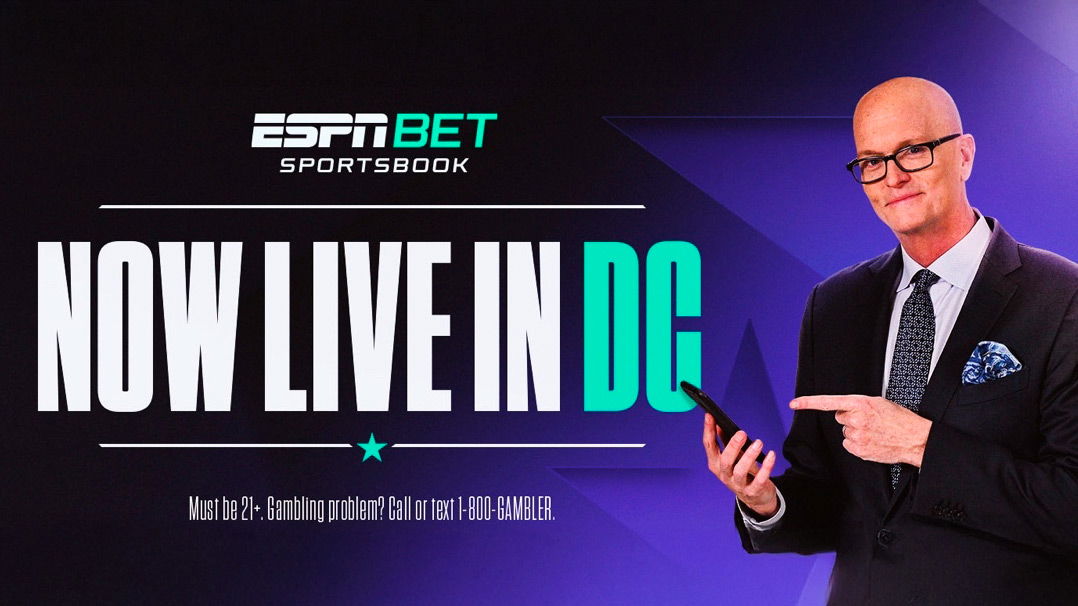UK's BGC warns simplified tax on remote betting could threaten horse racing industry

British standards body Betting and Gaming Council (BGC) has urged Chancellor Jeremy Hunt against using a proposed new gambling tax simplification measure that the BGC says would further raise taxes and threaten sports including horse racing.
In the Autumn Statement, the government confirmed it will consult on new proposals to bring remote betting into a single tax, replacing the current three-tax structure. General betting duty and pool betting duty are set at 15% of operator profits, but remote gaming duty, levied on games of chance such as online casinos, is set at 21%.
The BGC warns that any hike in betting duty would likely lead to lower margins on racing, fewer offers for punters, and less funding to sponsor and promote the sport.
“The tax threat comes as revenues are already being stretched by so-called affordability checks on customers, plans to replace the current voluntary levy with a new statutory levy to fund Research, Education, and Treatment to tackle gambling-related harm and spiraling costs for betting operators to support horse racing,” the council said.
Michael Dugher, Chief Executive of the BGC, stated: “Any further new tax rises could be a hammer blow for horse racing’s finances, which are already threatened thanks to measures proposed by the Government in the recent white paper. This is a sport that relies heavily on betting operators for its success and yet the Government appears determined to draft in measures that shrink the industry with huge ramifications for other sectors, like horse racing.
“What’s worse, the Treasury didn’t bother to consult or even inform DCMS, which is the department responsible for betting and racing. It seems they are high on tax but low on joined-up government. There are genuine fears that any so-called simplification of the current tax structure will be nothing more than a Trojan Horse to further raise taxes on businesses.

“This has the potential to risk jobs and investment, and undermine the competitiveness of British horse racing on the global stage, placing its rich history and heritage in peril. We were promised an Autumn Statement that would deliver growth – the only thing growing is the list of worries for the betting and horse racing industries."
The proposed new tax simplification plan comes soon after the Government’s White Paper, published in April, which included measures that the BGC says will cost online operators in excess of £895 million ($1.1 billion) in Gross Gambling Yield.
The council also claims the new proposal comes at a time when bookmakers are preparing to make a record contribution to horse racing next year – with the bill for media rights forecast to increase by nearly £30 million ($37.8 million). The BGC's five biggest members for horse race betting, Entain, Flutter, bet365, 888/William Hill, and Betfred, expect to see a record cost increase to broadcast races.
In 2022, BGC members paid £270.1 million ($329.3 million) for the rights to livestream races for customers and show them to bookmakers. But that cost is forecast to rise to £285.3 million ($347.6 million) this year, as per the council's data, an increase of 5.6%, with members estimating a further increase to £315.2 million ($400 million) in 2024, a further bump of 10.5%.
The forecast costs come after the BGC announced their members directly contributed £384 million ($487.4 million) to British horse racing last year in levy, media rights, and sponsorship deals. In addition, bookmakers spent £125 million ($158.6 million) on marketing to promote racing and betting through advertisements and partnerships.
Horse racing is the second biggest sport in the UK, second only to football, with more than five million people attending around 1,400 fixtures annually across 59 racecourses. However, its popularity is in decline. In 2007, 17% of the population participated in horse race betting, which fell to 10% in 2018.
The Department for Culture, Media and Sport has committed to reviewing the Horseracing Levy by next year, the council said. The Horseracing Levy, which is administered by the Horserace Betting Levy Board, goes towards improving the sport, breeding, and boosting veterinary care.
Betting operators are working closely with the British Horseracing Authority and racing stakeholders on much-needed reforms to the fixture list and race program which should increase commercial returns from the levy and media rights, notes the BGC.
"The BGC has repeatedly warned changes to the regulated betting and gaming sector by the Government must not risk forcing customers into the unsafe gambling black market online," the council said.
A study by PWC showed the number of customers using an unlicensed betting website has grown from 210,000 to 460,000 and billions are being staked. Each month in Great Britain around 22.5 million adults have a bet and the most recent NHS Health Survey for England estimated that 0.4 percent of the adult population are problem gamblers.
















































